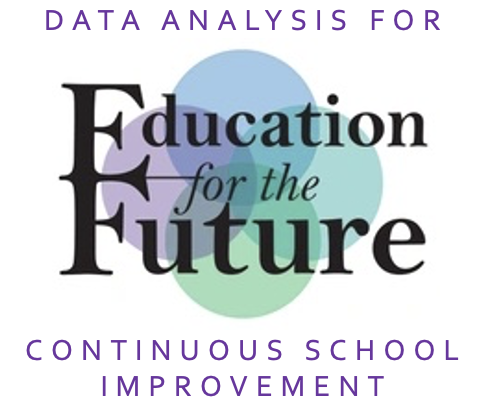Publications
Selections below provide specific descriptions and examples of facilitation guides and resources that build your capacity for data analysis and the Continuous School Improvement framework.

Over 23 Publications
Our publications are inspired by and focused on the practical implementation of school improvement strategies. Our work is informed through diligent efforts to improve learning organizations nationally and internationally.
Each book provides specific descriptions of work and includes examples, facilitation guides, and further resources to build your capacity and keep the focus on accelerating student achievement.
Publications
The descriptions below include links to sample chapters and information on how to order.
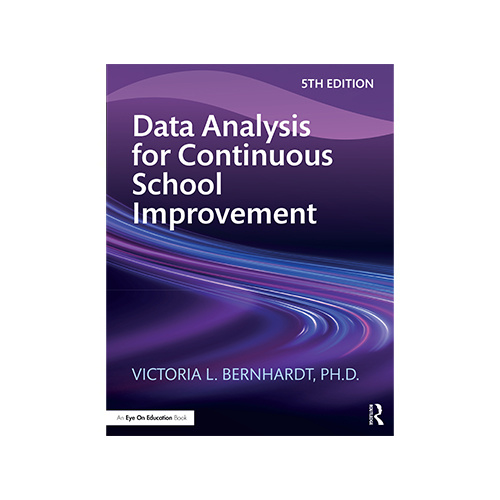
Data Analysis for Continuous School Improvement, 5th Edition
NEW EDITION NOW AVAILABLE!
This is it! Considered to be the User's Guide to data analysis for Continuous School Improvement. This book is used most frequently as part of our workshops and institutes. A step-by-step "how to" for the Continuous School Improvement framework.
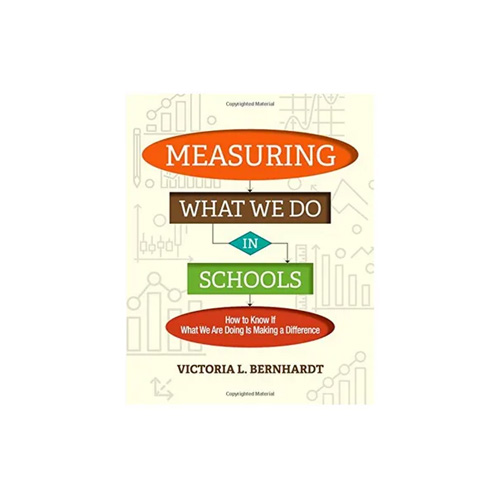
Measuring What We Do In Schools: How To Know If What We Are Doing Is Making a Difference
This book provides a roadmap of how to conduct comprehensive, system wide evaluations of programs and processes, and the necessary tools for implementing positive change.
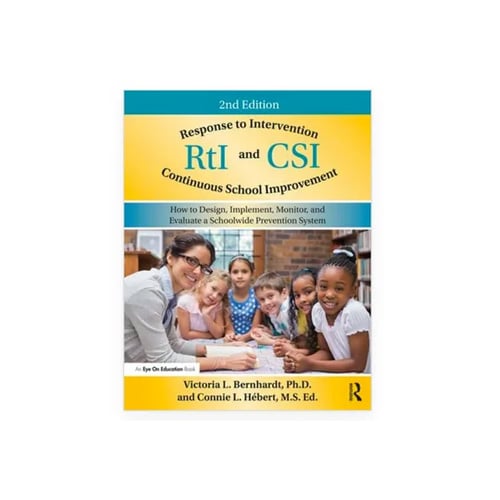
Response to Intervention and Continuous School Improvement, 2nd Edition
Implement RtI on a solid foundation of Continuous School Improvement.This second edition spotlights the "Five Stages of RtI implementation" and is complemented by the robust online RtI Implementation Guide.
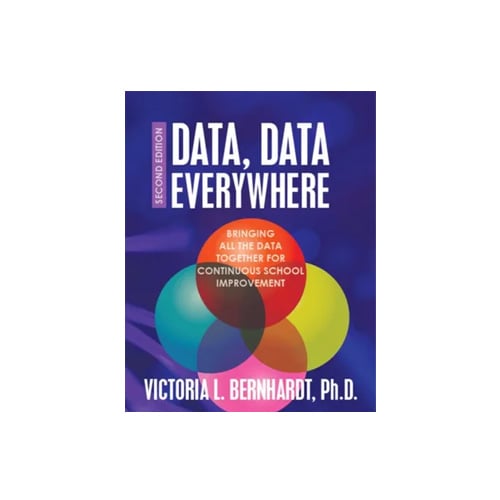
Data, Data Everywhere: Bringing All the Data Together for Continuous School Improvement
Data, Data Everywhere, 2nd edition, provides a framework and summary of the Continuous School Improvement Framework. It is a perfect resource for teachers, administrators, support staff, and students of leadership to guide comprehensive school improvement that will make a difference for all students.
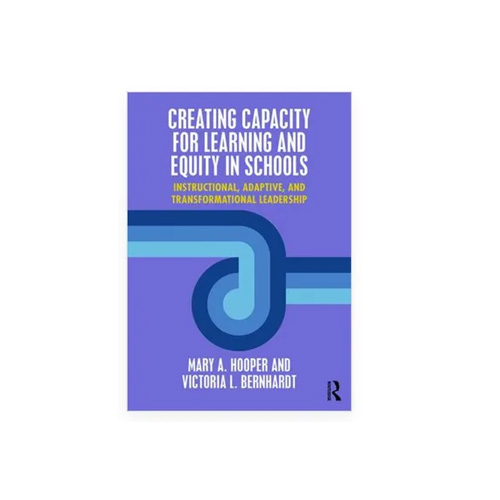
Creating Capacity for Learning and Equity in Schools With Adaptive Leadership
Exploring three leadership approaches, this textbook prepares and develops leaders to engage school communities through effective instructional leadership, data-informed decision-making, and a vision for learning.
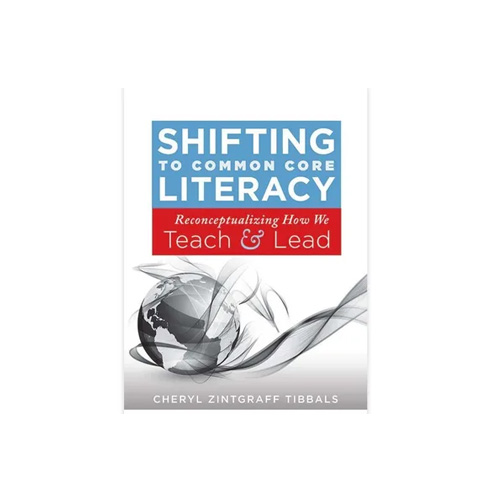
Shifting to Common Core Literacy: Reconceptualizing How We Teach and Lead
Develop new philosophical and pedagogical approaches to 21st century learning. Perfect for school and district administrators, professional development providers, and CCSS coaches, this book offers an evidence-based road map to Common Core success. You'll investigate economic, societal, and educational benefits of the CCSS, discover out-of-the-box strategies to support implementation, and explore a more holistic approach to standards-based instruction and assessment.
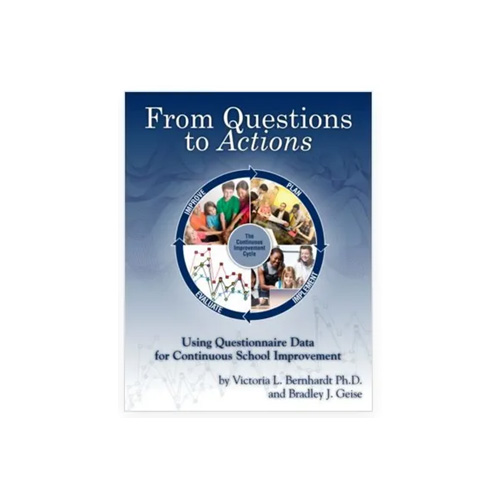
From Questions To Actions: Using Questionnaire Data for CSI
How do the best administrators find out how to improve their schools? They actively engage the people who work and study there. In From Questions to Actions: Using Questionnaire Data for Continuous School Improvement, data experts Victoria L. Bernhardt and Bradley J. Geise explain how to collect and analyze questionnaire data with an eye toward positive change.
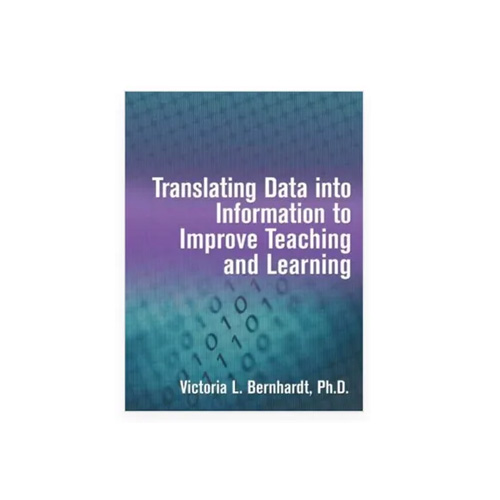
Translating Data into Information to Improve Teaching and Learning
This book helps educators think through the selection of the data elements and data tools needed to support quality decisions for improving teaching and learning. It shows you how to use data to help make decisions about strategies to improve student achievement.
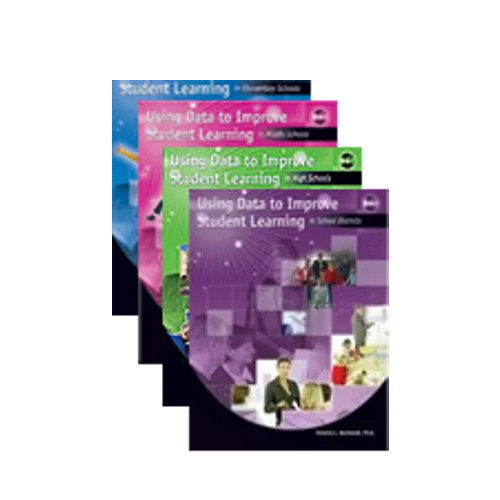
Using Data to Improve Student Learning, A Four-Part Series
This series of books help you make sense of the data your school collects, including state student achievement results as well as other qualitative and quantitative data. Easy-to-use templates, tools, and examples are available on the accompanying downloadable resources. High stakes accountability requires that you develop your understanding of who your students are and how to get them where you want them to be.
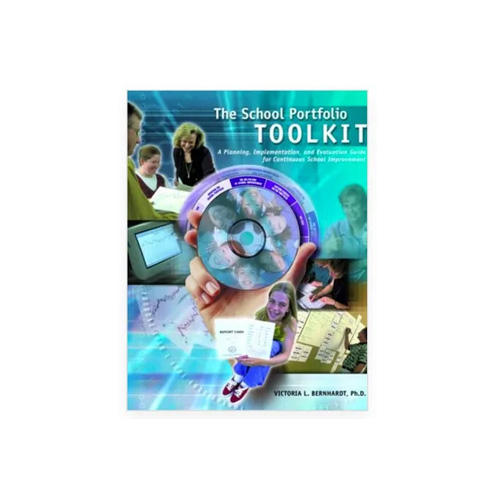
The School Portfolio Toolkit: Planning, Implementation, and Evaluation
The School Portfolio Toolkit includes over 300 tools, strategies, templates, and examples for use in building school portfolios and for planning, implementing, and evaluating continuous school improvement. The Toolkit was written to support school personnel with the mechanics of putting together a school portfolio, as well as to offer processes and strategies to move whole school staffs into and through continuous improvement.

The School Portfolio: A Comprehensive Framework for School Improvement
A school portfolio is the most effective way to ensure your school's success at systemic reform. Extensively tested, it is a non-threatening self-assessment tool which exhibits a school's goals, achievements, and vision for improvement. This book will show you how to develop a school portfolio tailored to your particular school and vision.
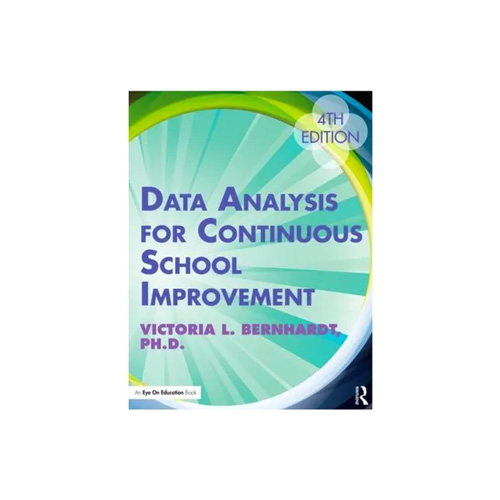
Data Analysis for Continuous School Improvement, 4th Edition
This is it! Considered to be the User's Guide to data analysis for Continuous School Improvement. This book is used most frequently as part of our workshops and institutes. A step-by-step "how to" for the Continuous School Improvement framework.
Contact Us!
What can we do to support your Continuous School Improvement work? For instance, you may use this form to request additional information on our professional learning offerings, data/questionnaire services, and publications.
